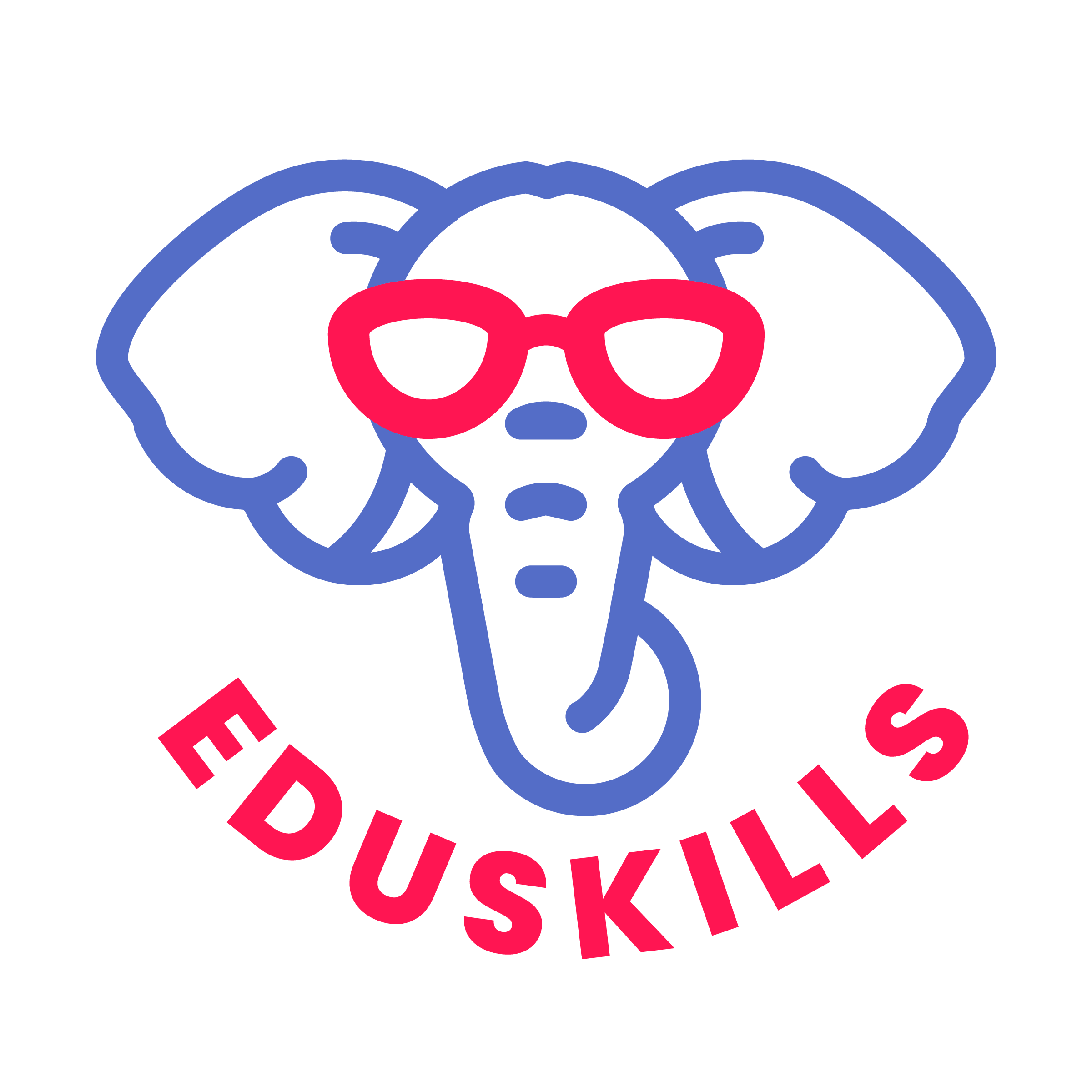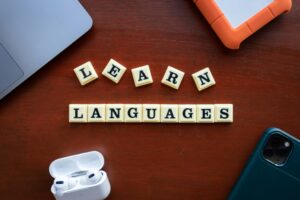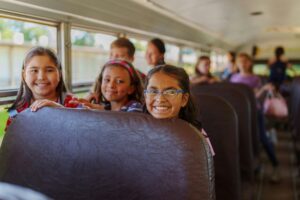Introduction
Western Heights Public Schools (WHPS) achieved incredible success in engaging multilingual learners (MLs) and their families with the support of EduSkills’ comprehensive ML support services. This white paper outlines the strategies and practices that contributed to this success, providing a comprehensive case study for other districts seeking to improve their engagement and outcomes for multilingual students.
Who We Are
Western Heights Public Schools, located in the southwest corner of Oklahoma City, serves approximately 3,000 students across nine campuses, all of which are Title I schools. The district demographics reflect a diverse community with 44.4% Hispanic/Latinx, 22.9% Black/African American, 16.0% White, 11.7% Two or More Races, 3.6% Native American, and 1.4% Asian/Pacific Islander. The district supports students speaking various languages, including English, Spanish, Vietnamese, Creoles and Pidgins, Marshallese, Tagalog, and Gujarati.
Leadership and Intervention
In January 2022, Western Heights, as part of the State Takeover/Intervention Team, gained a new Superintendent. There was a significant focus to drive improvement in student achievement, growth, attendance, and overall district operations. This intervention aimed to address challenges such as student achievement gaps, attendance issues, financial mismanagement, and a disharmonious community.
Corrective Actions and Strategic Initiatives
Key areas of focus included:
Understanding Community and Student Demographics
Engaging with the community to understand their needs and perspectives was a critical first step. This involved conducting surveys, hosting community meetings, and establishing open lines of communication between the district administration and the families it serves. By gaining a deep understanding of the community’s cultural, linguistic, and socioeconomic backgrounds, the district was better positioned to tailor its programs and services to meet their needs.
Celebrating Multilingualism
Promoting bilingualism, biliteracy, and biculturalism as assets was central to the district’s strategy. Western Heights implemented initiatives to celebrate and leverage the linguistic diversity of its students. This included:
Bilingual and Biliteracy Celebrations: Hosting events to recognize and celebrate the achievements of multilingual students, such as awarding the Oklahoma Seal of Biliteracy to students proficient in two or more languages.
Asset-Based Approach: Shifting the mindset from viewing multilingualism as a challenge to recognizing it as a valuable asset that enriches the educational experience for all students.
Implementing EduSkills
Western Heights utilized the EduSkills platform to enhance compliance and drive student growth and achievement. Initially, the platform was underutilized, primarily for compliance purposes. However the district maximized its potential by:
Comprehensive Training by Dr. Kelly B. Forbes of Kelly B’s Consulting: Providing all certified staff members with training on how to use EduSkills effectively.
Integration into Daily Practice: Incorporating EduSkills into regular classroom activities and assessments, enabling teachers to track student progress and adjust instruction accordingly.
Data-Driven Decision Making: Leveraging data from EduSkills to set intentional growth goals based on WIDA assessments and other metrics.
Embedded Professional Development: Providing on site professional development for teachers and administrators to ensure maximized use of the EduSkills platform to drive instruction.
Side by Side Coaching: Providing on site side-by-side coaching with teachers and administrators to best use the data and information in EduSkills to reach and teach students.
Language Access and Cultural Proficiency
Ensuring translation and interpretation services, professional development in understanding the community, and active community engagement were vital components of the district’s strategy. Specific actions included:
Translation and Interpretation Services: Providing translated documents and offering qualified interpreters to facilitate effective communication with ML parents and students.
Training: Training staff members to promote understanding and awareness of the unique challenges faced by ML students and their families.
Community Engagement: Actively involving ML parents in school activities and decision-making processes to create a more inclusive environment.
Educational and Community Engagement Practices
Western Heights implemented several best practices to support MLs and their families:
Dual Language Programs
The district developed and supported dual language education programs to meet the community’s needs and enhance educational outcomes for ML students. This included:
Curriculum Development: Creating a dual language curriculum that integrates both English and the students’ native languages, ensuring that instruction is accessible and relevant.
Teacher Training: Providing professional development for teachers on effective dual language instruction techniques.
Community Involvement: Engaging with parents and community members to support and sustain the dual language programs.
Multilingual Family Engagement
Western Heights recognized the importance of engaging ML families in the educational process. Initiatives to support this included:
Language Classes for Parents: Offering English classes for parents to support their language acquisition, as well as classes in other languages to promote linguistic diversity.
Cultural Events: Showcasing literature, music, art, and other cultural items that reflect the backgrounds of ML families. Organizing events such as Test Prep Parent Nights and participating in events such as Día del Niño to foster community involvement and support.
Scaffolded Instruction and Authentic Assessment
Using the Integrated Cultural Language and Proficiency Framework (ICLPF), the district tailored instruction to students’ cultural backgrounds and integrated language objectives into content instruction. This approach included:
Supportive Instruction: Employing scaffolded teaching techniques to ensure concepts are introduced, practiced, and applied in meaningful contexts.
Interactive Language Learning: Encouraging active language practice through peer discussions and group projects.
Authentic Assessment: Using assessments that align with language and content objectives to enable students to demonstrate their mastery in real-world scenarios.
Achievements and Outcomes
The district saw significant improvements, including:
Increased Student Achievement and Growth: Measured through WIDA assessments and other tools, showing progress in language proficiency and academic performance.
Schools Exiting the Improvement List: Two schools exited the Comprehensive School Improvement list as determined by the Oklahoma State Department of Education (OSDE).
Higher District Report Card Grades: Notable improvements in report card grades for multilingual and special education dually identified students, with some schools moving from “F” to “A”. Collectively, the District moved multiple campuses from a “F” on the ELPA indicator on the OSDE report card.
Community Feedback: Strong feedback from the community indicating a sense of inclusion, value, and respect.
Conclusion
Western Heights Public Schools’ journey highlights the importance of leadership, strategic planning with vendors like EduSkills, and community engagement in transforming educational outcomes for multilingual learners. By celebrating multilingualism, implementing EduSkills’ supportive resources, and fostering a sense of belonging, WHPS has set a model for multilingual students to have a high-quality education.



